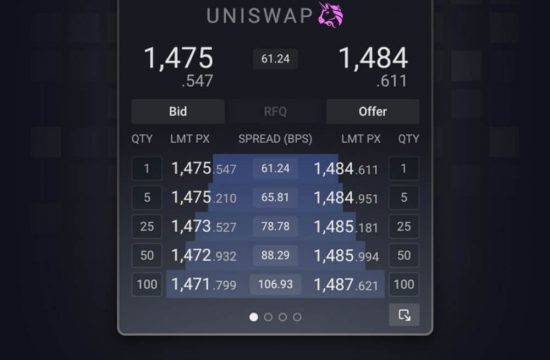The Cyprus Securities and Exchange Commission (CySEC) today published a new list of financial services providers that were disbarred from its lifeboat scheme.

The most notable brands of those expelled from the CySEC’s compensation scheme are the retail FX brokers Daweda Exchange Ltd, London Capital Group (Cyprus) Ltd, and Felicitas Management Investment Services Ltd.
Daweda Exchange renounced its authorization, the Cyprus Investment Firm (CIF) License, back in 2020. At the time, CySEC found that Daweda did not take the necessary steps to safeguard its domain www.daweda.com from being used by Daweda Ltd (BVI). The latter was using the email address [email protected], in order to send to its clients their login information, thus giving the impression that they were clients of the Cyprus investment firm.
Earlier in September, the Cypriot watchdog had taken away the license of London Capital Group (Cyprus) as the company materially contravened its licensing conditions. LCG’s CIF approval was revoked because the company hadn’t appointed at least “two persons who meet the requirements” to operate its brokerage business in Cyprus.
Also in June, CySEC wholly withdrawn the authorisation of Felicitas Management Investment Services Ltd (EU) due to the company’s non-compliance with article 22(1) of the Investment Services and Activities and Regulated Markets Law of 2017.
Clients of the three brands are still entitled to benefit from the Investor Compensation Fund (ICF), which serves to protect the claims of covered clients and provide them with compensation in case a member could not meet its financial obligations.
CySEC further explains to the public that “It should be noted that losing membership of the fund does not mean a loss covered clients’ rights to compensation for investing that took place until the loss of membership. Any outstanding debts owed by members to the fund, continue to exist until they are paid, irrespective of their deletion.”
What’s Next?
The regulator often kickstarts the compensation payment procedure after it revokes the authorization of a company that is not expected to pay back its obligations in the near future.
The next step, if any, will see the ICF inviting covered clients to make their claims against the companies in questions, designating the procedure for filing compensation applications and the deadline for their submission. Next, the fund publishes the details in at least two local newspapers, including the address at which investors may be informed about the progress of their applications.
The amount of the compensation payable to each client is calculated in accordance with the contractual terms governing his relationship with the faltering broker, but in general, the maximum amount does not exceed €20.000.
In 2019, CySEC changed maximum compensation for valid claims to be either 90 percent of the cumulative covered claims or €20.000, whichever is lower. Therefore coverage = Min (90 percent Χ claimed amount, €20.000). This means that an investor who holds €50.000 with a CIF, which runs into trouble and is unable to pay, will get €20.000 from the ICF. However, if the claim is for €10.000, the coverage will be only 90 percent or €9.000, not 100 percent, as previously calculated.












